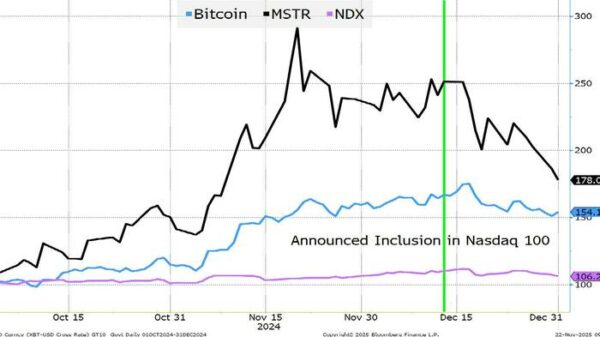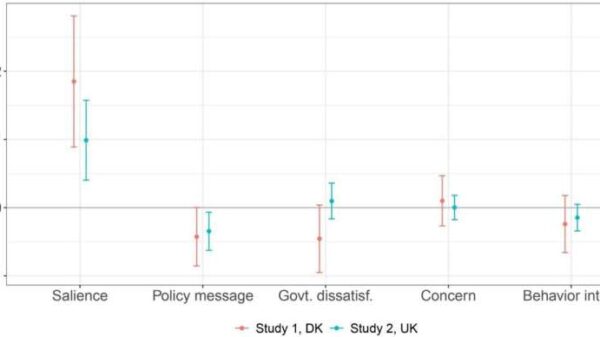URGENT UPDATE: The consulting industry is on the brink of a significant transformation that could reshape career opportunities for aspiring consultants. Industry analysts warn that this shift may lead to a steep decline in entry-level and senior roles, making career advancement increasingly difficult.
According to new reports from Revelio Labs, job postings in the consulting sector have plunged by 26% in 2024, totaling approximately 3.4 million postings, a stark decline from the previous year. The monthly influx of senior-level consultants has dropped by 22%, while entry-level roles have plummeted by a staggering 54% year-over-year in June.
This decline is attributed to several factors, including a focus on artificial intelligence, restructuring within firms, and shifting demand for specialized consulting services. Analysts suggest that this trend may not be temporary but reflect a long-term decadelong shift in the industry.
WHAT DOES THIS MEAN FOR ASPIRING CONSULTANTS? As major firms like McKinsey, Bain, and Boston Consulting Group tighten their hiring practices, the pathway to partnership—a prestigious goal for many in the field—could become increasingly unattainable. McKinsey, which reported a headcount decrease of 11% since 2022, is also expected to reduce the number of new partners significantly, with only 200 promoted in 2024 compared to 400 in previous years.
Namaan Mian, COO of Management Consulted, emphasizes that consulting firms overhired during the pandemic boom, and are now under pressure to normalize their workforce. “Many firms are emphasizing experience and expertise more than ever before,” he stated, indicating a shift toward hiring fewer entry-level positions and more specialized roles.
While some firms claim to be ramping up their entry-level hiring, analysts remain skeptical. Mian notes that this narrative may be part of a PR strategy to maintain an image as desirable employers for top talent. “I think we’re going to continue to see a very gradual culling of the herd,” he warned, suggesting that this trend could extend into the next decade.
The impact of artificial intelligence cannot be overlooked. Revelio’s analysis suggests that 45% of consulting activities could be performed by AI, potentially limiting opportunities for junior talent in the future. As firms strive to cut costs and increase efficiency, entry-level positions may be the first to go.
Ron Kermisch, a senior partner at Bain, acknowledged the refined recruiting process, focusing on candidates who demonstrate emotional intelligence and technical curiosity. “We want people whose natural disposition is to think about how they can apply AI,” he explained.
The consulting landscape is evolving rapidly, and the promise of a linear career path may soon be a thing of the past. Tom Rodenhauser, a consulting analyst, warns that the traditional model of climbing the ranks will not return to what it once was. “The promise of partnership that many students aspire to is fading,” he cautioned.
As the consulting profession navigates this turbulent transition, the future remains uncertain. Industry watchers will be closely monitoring how firms adapt and what this means for the next generation of consultants.
Stay tuned for updates as this situation develops. The future of consulting is changing, and it may require a new strategy for aspiring professionals to succeed in this challenging environment.




































































